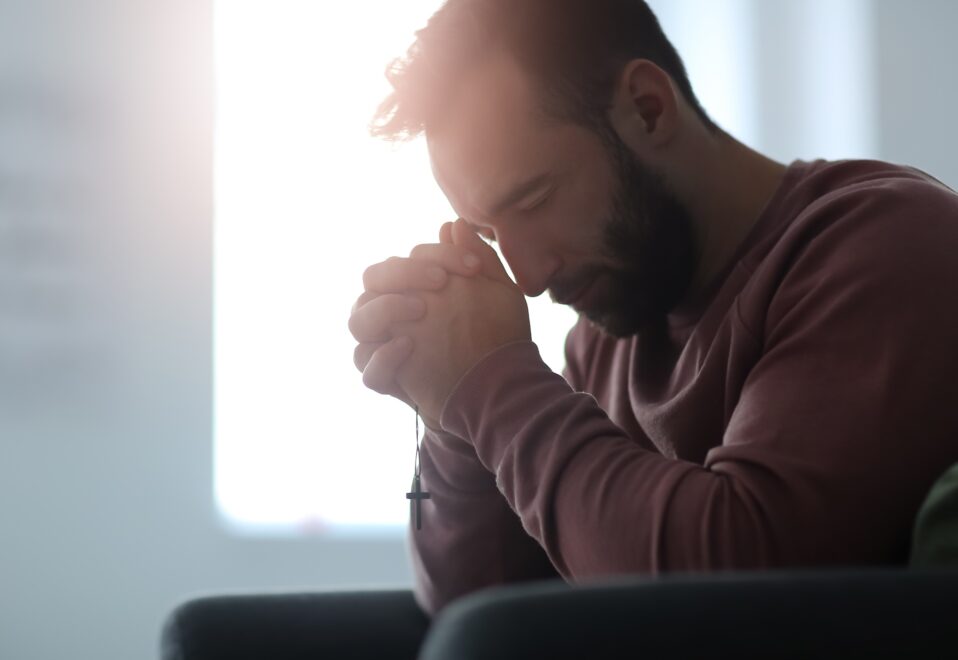“How long, O Lord, will I call for help, and You will not hear? I cry out to You, ‘Violence!’ yet You do not save. Why do You make me see iniquity, and cause me to look on wickedness? Yes, destruction and violence are before me; strife exists and contention arises” (Habakkuk 1:2-3 NASB).
Have you ever heard someone ask, “If God is all powerful and loving, then why does He allow suffering, hardship, and evil within our world?” When presented with such a question, we often provide some half-hearted reply about living in a fallen or sinful world, but rarely do we join our frustration to that of the person asking that question.
We generally don’t allow ourselves to openly exclaim that our beliefs about God don’t always make sense within the world that exists before our eyes. We would never permit ourselves to say, “God, what are you doing?” To do so would seem to indicate a lack of faith.
The prophets did not look at things in such a manner. When life’s difficulties and circumstances challenged their theology, they didn’t default to an answer about a fallen world; rather, they expressed their frustration with God while still maintaining their faith and trust in Him.
The prophet Habakkuk was especially outspoken in this regard. He recognized that the people of Judah had sinned and fallen short of God’s mark, but God was judging Judah with the Babylonians, who were even worse than the Judahites: “Look among the nations! Observe! Be astonished! Wonder! Because I am doing something in your days—you would not believe if you were told. For behold, I am raising up the Chaldeans” (Habakkuk 1:5-6).
Today we might wonder: How did that make sense? How could God judge Judah for its unrighteousness by a people even more unrighteous than they?
Habakkuk never sought easy answers to the difficult questions or to the circumstances and events his world presented. Nor did the challenge that such events posed to his conviction of God cause him to jettison his faith. Rather, he sought to understand. He never received the precise answer to the question he posed, but God did answer him.
That is a sign of a robust faith—faith that neither turns from the hard questions posed by life and circumstance nor abandons its conviction that God is indeed Who He said He is.
It’s hard not to look at our world today and occasionally wonder what God is doing or where He is. Our faith should have the courage to voice such frustrations and affirm those who express them, as did the prophets.
At the same time, may we have the faith and perseverance to say, “I will stand on my guard post and station myself on the rampart; and I will keep watch to see what He will speak to me, and how I may reply when I am reproved” (Habakkuk 2:1).
PRAYER
Lord, when we look at the world around us, it is sometimes frustrating and confusing. Where are You? Why does evil persist; why do the innocent and righteous suffer? How long, O Lord, will this continue? But in the midst of our frustration and confusion, we acknowledge that You are a God who answers, and so we await Your reply. Amen.




Comment(1)-





Anastasia Bradshaw says
February 24, 2023 at 2:24 pmAmen…we are shaken to the core at times and we do wonder, how long Lord? But, I think of Moses when he talked with the destroying angels sent to Sodom & Gomorrah…if I find 50 righteous ones will you spare the city? You know he couldn’t find 10 to pray! As a prayer leader I see usually 3 to five to stand in intercession…#StayTheCourse✝️🙏🏼🥰
Receive Devotionals and News Updates from Israel
Recent Posts
Seeing the Promise from Afar
Weekly Devotional: Faith Beyond a Lifetime
Parashat Yitro (יִתְרוֹ) “Jethro”
Zionist: A Word Branded as Toxic—But Should It Be?